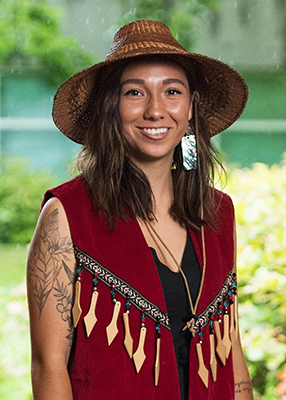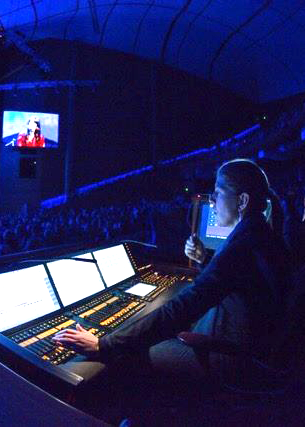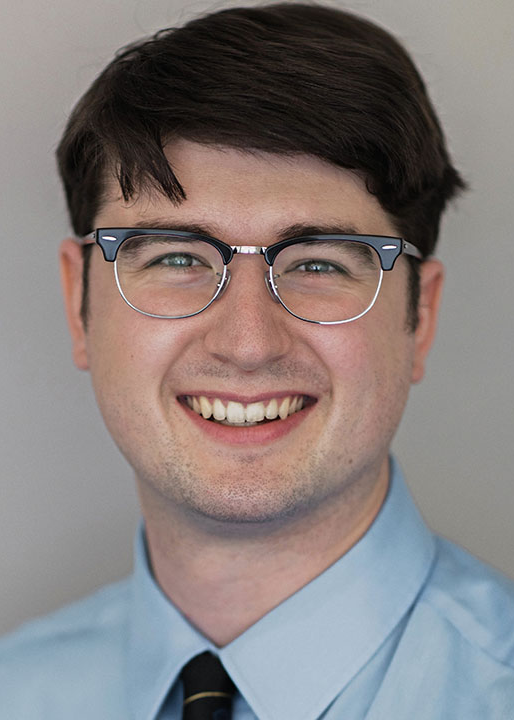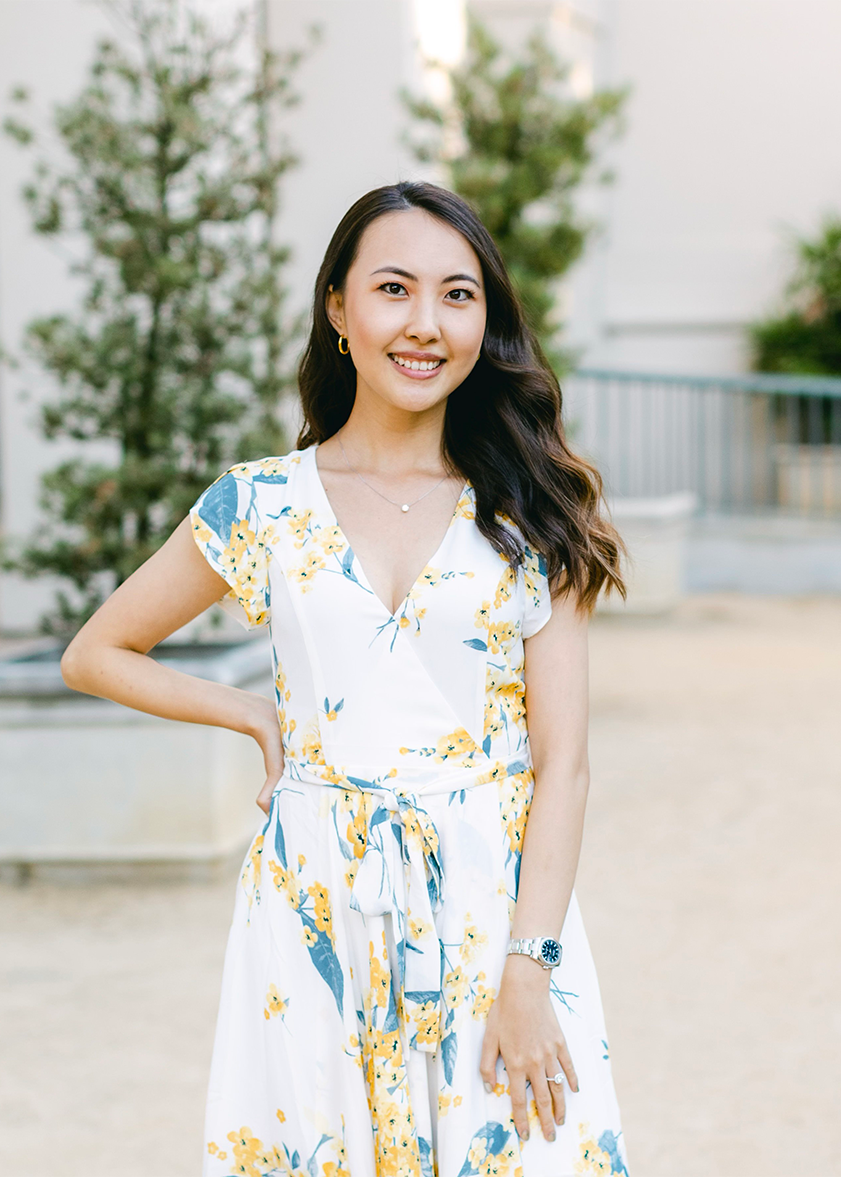Myia Antone

Why did you choose your program at UBC and what did you enjoy most about it?
I chose my program because I love my traditional territory (Squamish Nation) and wanted to learn more about how forests live and thrive – and learn ways to protect it all.
What were some of your most meaningful experiences at UBC?
I had many meaningful experiences at UBC. Working with Karlene and Maggie at Arts Indigenous Student Advising really opened my eyes to the support we had as Indigenous students at UBC.
What choices did you make at UBC that contributed to your career success / journey?
The biggest choice I made at UBC was the decision to want to work for my community after school and bring all the knowledge I gained back to my community members. This also led me on my journey to learning my Indigenous language – Sḵwx̱wú7mesh sníchim.
I also started getting into outdoor sports at UBC. I tried rock climbing for the first time and got back into skiing. I had to actively seek out safe spaces to learn these activities and when I did get out, I did not see many Indigenous people. This is where my idea for Indigenous Women Outdoors started.
What was your first job after graduation and what other jobs did you have before your current position?
I was a teacher at the Vancouver Aquarium, Indigenizing their curriculum and running education programs. I have also been a Hiking and Canoeing Guide for Indigenous youth, paddling down the Yukon River and here in BC. I decided that I wanted to learn Sḵwx̱wú7mesh sníchim and applied for the programs at SFU. After completing the certificate program, I was hired as a language teacher and have been one ever since.
Is your current career path as you originally intended? What challenges did you face in launching your career?
I don’t think I completely knew what my career path was going to be after completing my degree at UBC. However, I can confidently say that I did not expect to be teaching the Squamish language at such a young age! However, I think everything happens for a reason and I am looking for ways to combine my environmental work (to go along with my degree), language work, and outdoor recreation work.
What do you like about your current job and what do you find challenging? How does it relate to your degree?
I love my job! While COVID-19 has made it difficult to teach in person, we are writing a lot of curriculum and teaching what we can over Zoom. My current job as a language teacher does not involve my degree from UBC. However, my love of our lands and waters that inspired me to get that degree, still inspires me to learn my language and learn the specific language I can use in that industry.
From your experience, what has been the value of having an Arts degree?
My Arts degree allowed me to pursue multiple learning experiences. I studied on Haida Gwaii with the Natural Resources Studies Semester, I participated in CityStudio through Semester in Dialogue where we created sustainability projects for the City of Vancouver, and I attended Dechinta in the Northwest Territories. While my degree was half science, half arts – I felt like I got a well-rounded perspective on sustainability.
What advice would you give to students and alumni interested in breaking into your industry?
In terms of starting a nonprofit – I think it is important that you have a strong team and/or support network. It has been physically, emotionally, and spiritually draining at times to start your own organization, but if you are truly passionate about the work you are doing, you will get it done! I learned so much during my time at UBC, not just in my lectures or projects, but from the people I surrounded myself with.
What advice would you give to your first-year self?
Don’t put so much pressure on yourself to figure it all out in your first year. Or your second year for that matter. Follow your interests, be kind to everyone you meet, and learn to say “no” to things that you don’t want to do.
What advice would you give to Indigenous students starting out at UBC?
You will find your community at UBC. Learn as much as you can from Indigenous scholars/professors, as well as from your classmates. You are a visitor on beautiful xʷməθkʷəy̓əm (Musqueam), enjoy it!
Myia Antone



Why did you choose your program at UBC and what did you enjoy most about it?
I chose my program because I love my traditional territory (Squamish Nation) and wanted to learn more about how forests live and thrive – and learn ways to protect it all.
What were some of your most meaningful experiences at UBC?
I had many meaningful experiences at UBC. Working with Karlene and Maggie at Arts Indigenous Student Advising really opened my eyes to the support we had as Indigenous students at UBC.
What choices did you make at UBC that contributed to your career success / journey?
The biggest choice I made at UBC was the decision to want to work for my community after school and bring all the knowledge I gained back to my community members. This also led me on my journey to learning my Indigenous language – Sḵwx̱wú7mesh sníchim.
I also started getting into outdoor sports at UBC. I tried rock climbing for the first time and got back into skiing. I had to actively seek out safe spaces to learn these activities and when I did get out, I did not see many Indigenous people. This is where my idea for Indigenous Women Outdoors started.
What was your first job after graduation and what other jobs did you have before your current position?
I was a teacher at the Vancouver Aquarium, Indigenizing their curriculum and running education programs. I have also been a Hiking and Canoeing Guide for Indigenous youth, paddling down the Yukon River and here in BC. I decided that I wanted to learn Sḵwx̱wú7mesh sníchim and applied for the programs at SFU. After completing the certificate program, I was hired as a language teacher and have been one ever since.
Is your current career path as you originally intended? What challenges did you face in launching your career?
I don’t think I completely knew what my career path was going to be after completing my degree at UBC. However, I can confidently say that I did not expect to be teaching the Squamish language at such a young age! However, I think everything happens for a reason and I am looking for ways to combine my environmental work (to go along with my degree), language work, and outdoor recreation work.
What do you like about your current job and what do you find challenging? How does it relate to your degree?
I love my job! While COVID-19 has made it difficult to teach in person, we are writing a lot of curriculum and teaching what we can over Zoom. My current job as a language teacher does not involve my degree from UBC. However, my love of our lands and waters that inspired me to get that degree, still inspires me to learn my language and learn the specific language I can use in that industry.
From your experience, what has been the value of having an Arts degree?
My Arts degree allowed me to pursue multiple learning experiences. I studied on Haida Gwaii with the Natural Resources Studies Semester, I participated in CityStudio through Semester in Dialogue where we created sustainability projects for the City of Vancouver, and I attended Dechinta in the Northwest Territories. While my degree was half science, half arts – I felt like I got a well-rounded perspective on sustainability.
What advice would you give to students and alumni interested in breaking into your industry?
In terms of starting a nonprofit – I think it is important that you have a strong team and/or support network. It has been physically, emotionally, and spiritually draining at times to start your own organization, but if you are truly passionate about the work you are doing, you will get it done! I learned so much during my time at UBC, not just in my lectures or projects, but from the people I surrounded myself with.
What advice would you give to your first-year self?
Don’t put so much pressure on yourself to figure it all out in your first year. Or your second year for that matter. Follow your interests, be kind to everyone you meet, and learn to say “no” to things that you don’t want to do.
What advice would you give to Indigenous students starting out at UBC?
You will find your community at UBC. Learn as much as you can from Indigenous scholars/professors, as well as from your classmates. You are a visitor on beautiful xʷməθkʷəy̓əm (Musqueam), enjoy it!



